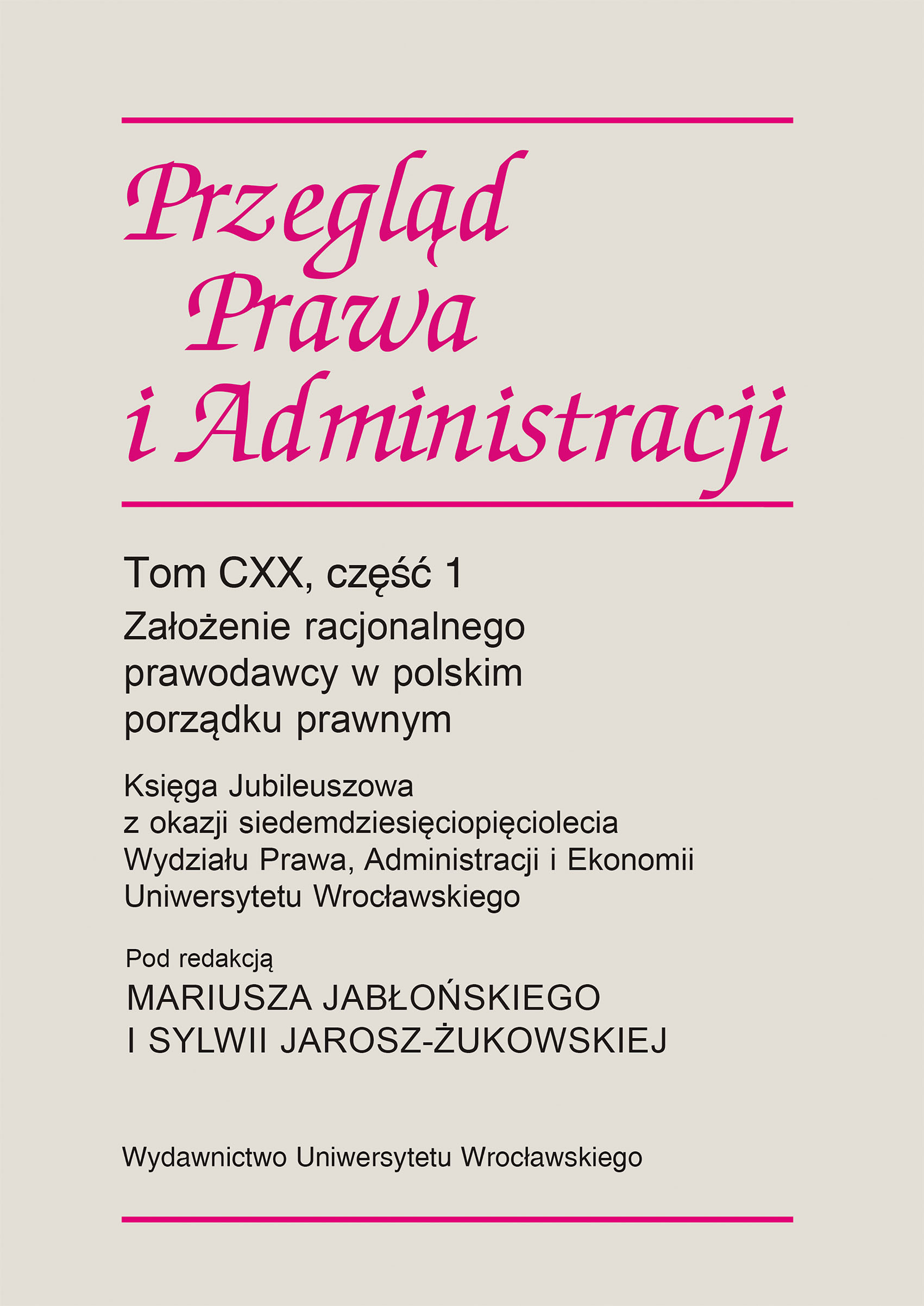

ISSUES IN FINANCIAL LAW AND TAX LAW

The normative notion of budget deficit in territorial self-government units (TSU) has been ex-pressis verbis defined in article 217 section 1 of the public finance act. According to this regulation, it is the negative difference between incomes and expenses in a given budgetary year. At the same time, the legislator requires that in any budget resolution that predicts a deficit in a given year, the sources of its financing should be indicated. Therefore not only the magnitude of the TSU budget deficit, together with the ways of raising the financial means to create this deficit, are subject to legal restrictions, but also sources and ways of financing themselves. The Act of December 14th, 2018 that includes amendments to the public finance act, has introduced a number of changes to the TSU financial system, including also an extended catalogue of sources that finance the deficit. The subject of this article is to assess some important part of the introduced changes, namely those that deal with these new sources of financing the TSU budget deficit. The most essential role in this con-text will be played by revenues from “unused financial means in the current account of the budget, that result from the settlements of incomes and financed by these incomes expenditures, connected with specific rules of budget execution defined in separate acts”. The terms “specific rules of budget execution” has not been defined by the legislator, similarly no “separate acts” have been pointed out. It is therefore essential to solve these matters. In the article, the catalogue of such acts has been given as an example. These findings will be of essential importance for further applications of the amended public finance act.